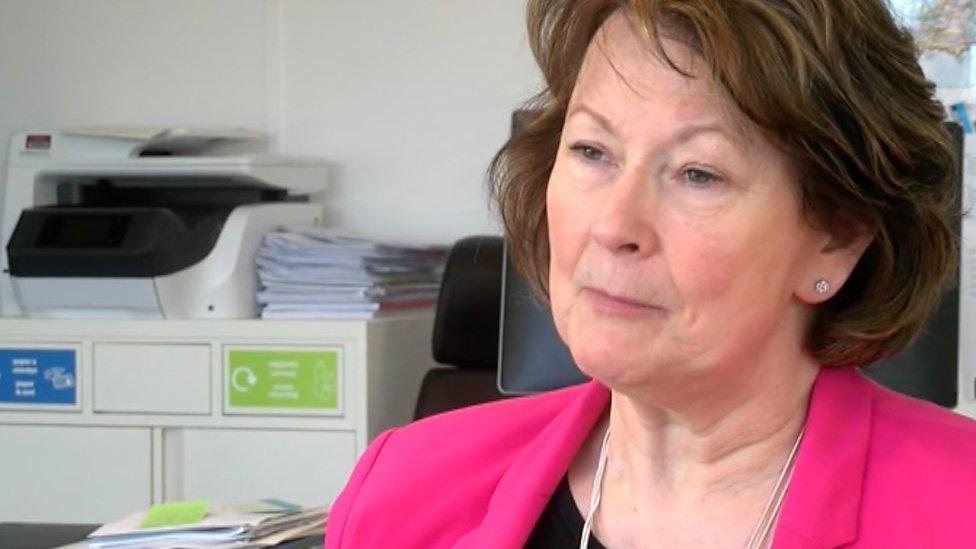Sepsis: 'I feel like they killed our son'
- Published
Sepsis: 'No words' to describe baby Lewys' death
"I do feel like they killed our son."
These are Kirsty Link's devastating words as she speaks about the worst thing that can happen to a parent - the death of a child.
But what makes it even harder for Kirsty and her partner Aidan Crawford is the thought that their happy, smiling son - their first child together - may have lived if he had received treatment sooner after he was taken to hospital with a temperature last year.
When three-month-old Lewys arrived at the University Hospital of Wales in Cardiff just after 20:00 on 21 March 2019, a nurse at the paediatric A&E suspected the baby boy might have sepsis and assessed him as needing to see a doctor within 10 minutes.
He was put on a "pathway" used by the NHS to diagnose and treat sepsis, but despite this, a doctor initially diagnosed him with a viral illness.
On Friday, an inquest jury found Lewys died as a result of "natural causes contributed to by neglect" at the hospital and there were "gross failures" in his care.
They found that doctors' failure to give him antibiotics for about seven hours after he was admitted, "significantly contributed" to his death and there were "multiple missed opportunities" to save him.
The health board has apologised for its "failings" in Lewys' treatment and care and said improvements were already being made at the hospital to spot and treat sepsis.
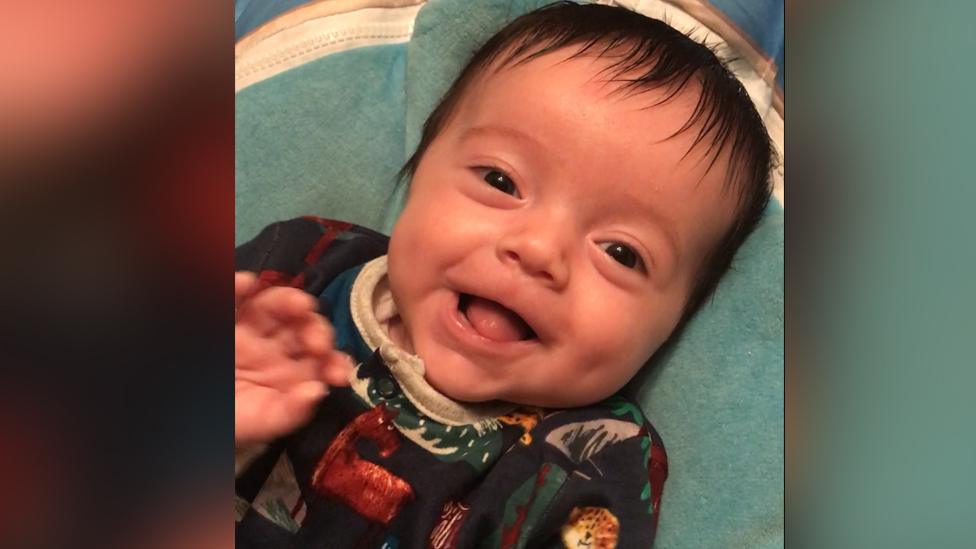
Lewys Crawford died a day after he was taken to A&E
Aidan said when they arrived at hospital, neither of them thought there was anything "majorly wrong".
"It wasn't until far later in the night that we realised the severity of it, mostly I think because we weren't really told much," he said.
After some delays, Lewys was eventually admitted to Island ward at the Noah's Ark Children's Hospital at UHW where the couple were told doctors wanted to do a lumbar puncture on Lewys.
"When they said that, we both knew why. We knew they were doing that to test for meningitis. Even at that point, I remember saying if they catch it early, he'll be perfectly fine," said Aidan.
"It was definitely a worry [but] I certainly thought 'we've got a chance here'. If they catch it early, have antibiotics and treatment, he'll be fine. That wasn't the case."
The lumbar puncture was delayed for about two hours to give Lewys a rest after repeated attempts to put a cannula [needle attached to tubes used to deliver fluids and medicine] in had failed.
"At that point he did look unwell," said Kirsty. "You could see the difference in him from when we first took him in."
After the lumbar puncture at about 03:00, a purple rash appeared on Lewys's body and doctors said they were going to call the crash team.
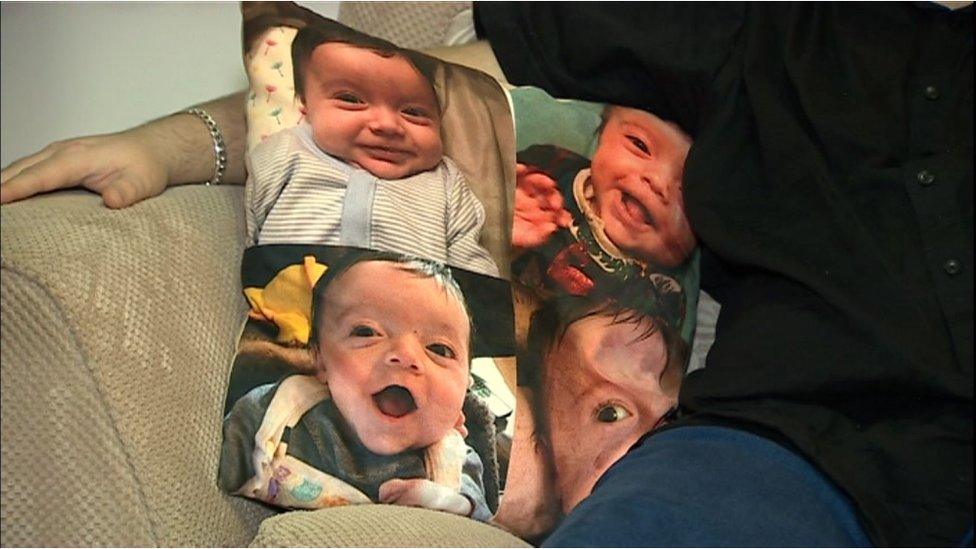
Lewys was three months old when he contracted meningococcal septicaemia
About "20 or 30" doctors and nurses "stormed in the room" and Lewys was transferred to paediatric intensive care.
"It starts to sink in a bit more then that your son or your child is seriously ill," said Kirsty.
It wasn't until about an hour later, after the team had worked to stabilise Lewys's condition, that the couple were first told he had sepsis.
Kirsty said: "I thought the main thing would be meningitis, but the minute you hear sepsis - I can't describe how I felt, to be honest."
Aidan added: "They were giving him all sorts of medications, antibiotics, fluids, blood. He was given blood transfusions, platelets, plasma I think."
Despite the efforts of the intensive care team, who both parents were quick to praise, Lewys's condition deteriorated and he died at about 23:00 on 22 March.
"It was just so quick. It didn't make sense at first. Everything was so fast, so shocking," said Aidan.
"One minute you're taking him in, just over 27 hours later you lose him. There's no words that can describe it," Kirsty added.
Aidan described the staff in the critical care ward as "amazing", staying several hours past the end of their shifts to care for him in some cases.
"When he was up there he was being given every bit of treatment possible. He was being given all the help possible from those staff at that time," he said.
"But the fact that the signs were missed in our opinion beforehand is what we don't understand.
"We also have concerns with the amount of time it takes for the blood cultures to come back. When you've got a possible meningitis or sepsis blood tests should be back in an hour, I think. His blood tests didn't come back … for at least 12 hours plus."
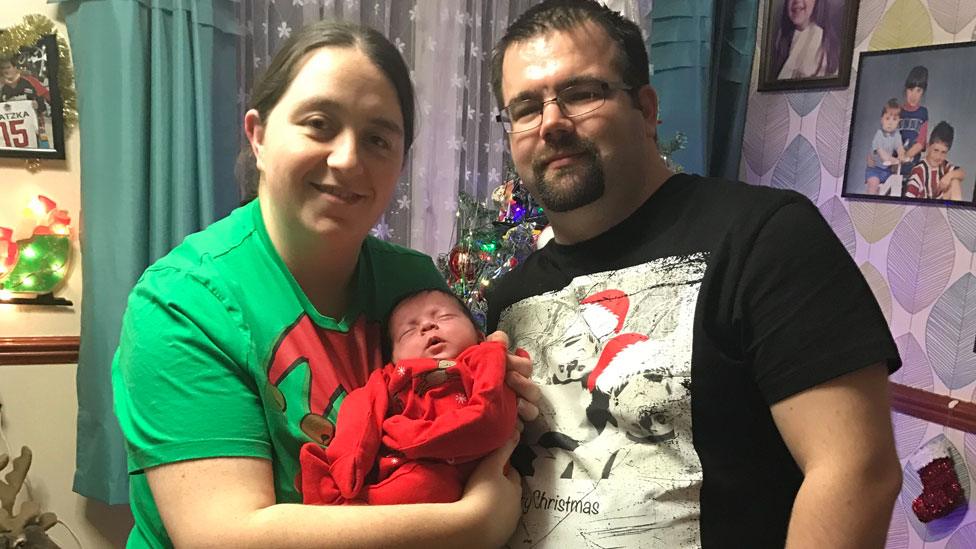
Lewys was Kirsty Link and Aidan Crawford's first child together
Kirsty said: "I do feel angry. In my personal opinion, I do feel like they killed our son."
Aidan said the couple had been "robbed of a life with our son".
"My other son has been robbed of his chance to be a big brother and to do all those things you dreamed of doing with Lewys and wanted to do."
Jennifer Evans, a consultant paediatrician who investigated Lewys's death, said the hospital "missed a series of opportunities" and apologised to his parents.
Following the inquest in Pontypridd, Ruth Walker, executive nurse director at Cardiff and Vale University Health Board, apologised for the "failings in the treatment and care we provided to Lewys".
Ms Walker said action was already being taken to address some of the improvements identified in an internal investigation carried out following Lewys's death.
His parents hope these improvements will stop anything like this happening again - and that will be Lewys's lasting legacy.
Kirsty said the couple, from Llanederyn in Cardiff, talk about Lewys "all the time, if people ask we will talk about it because we'll never forget him and we want people to remember him".
"We'll never be the same couple again, but what else can we do?"
Aidan replied: "We've just got to carry on, as best as we can."
- Published10 February 2020
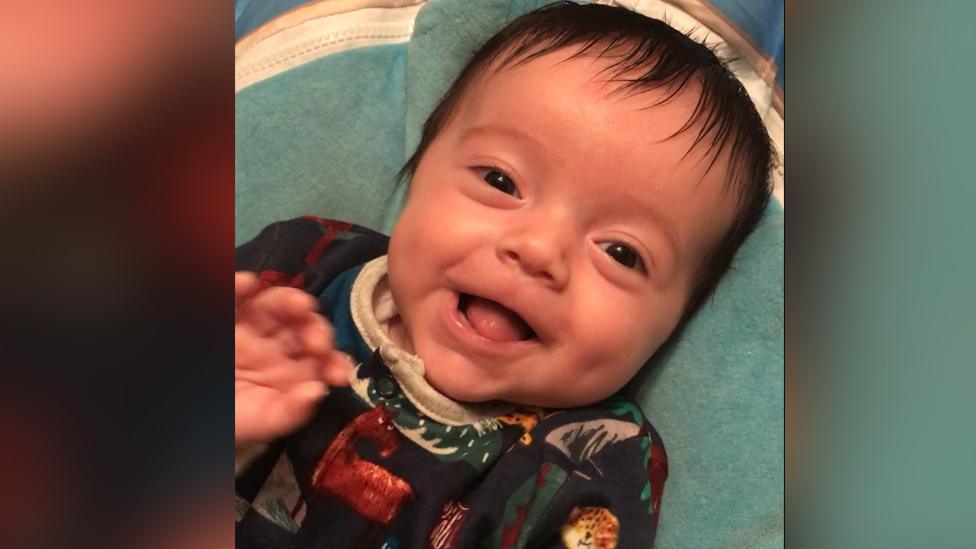
- Published18 December 2019
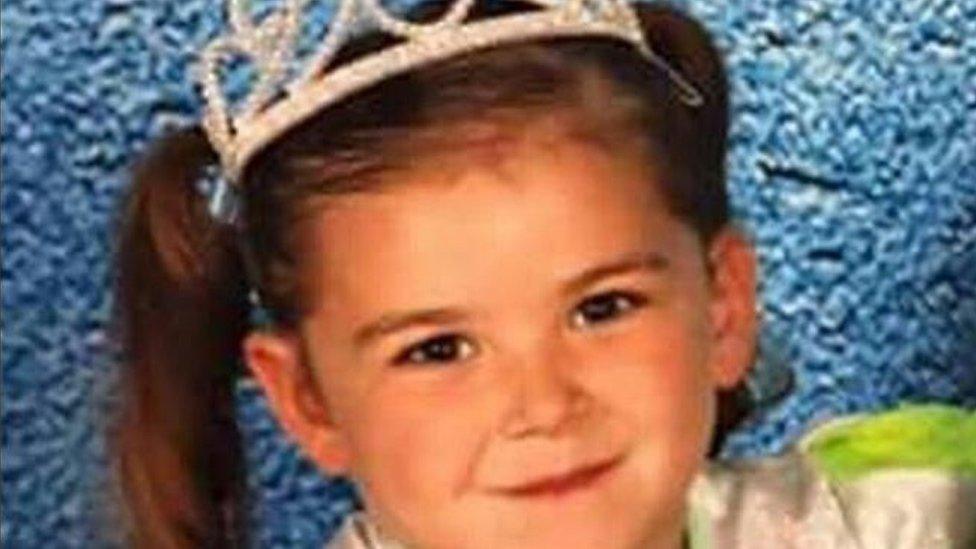
- Published18 March 2019
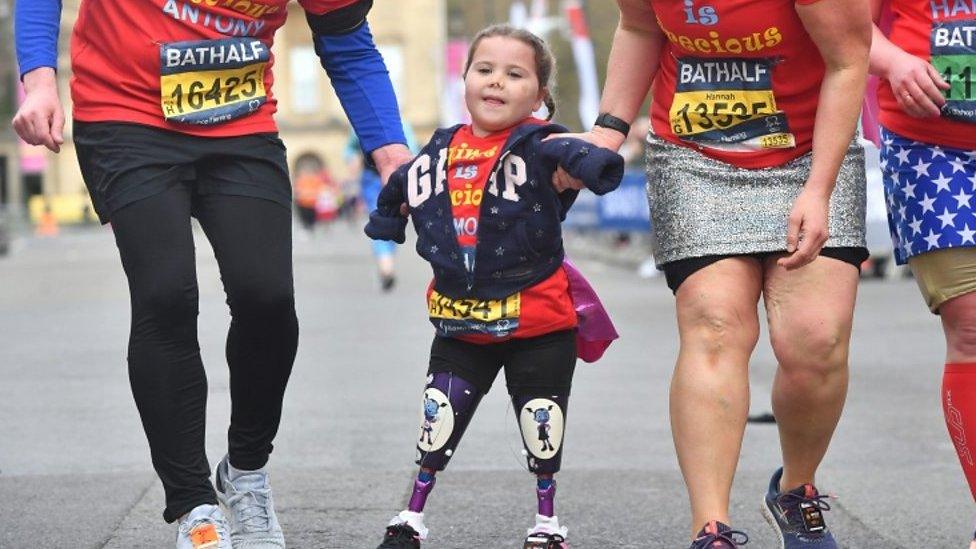
- Published29 May 2019
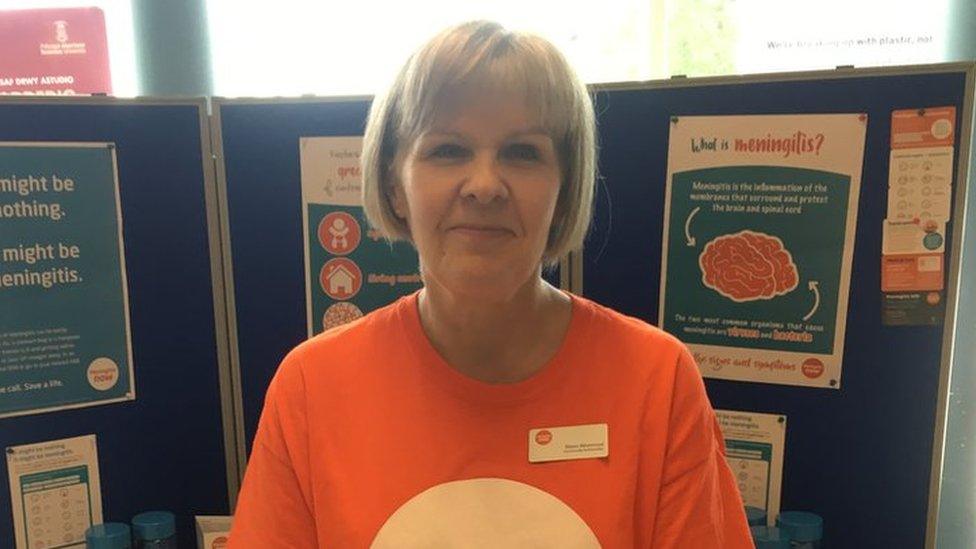
- Published13 September 2018
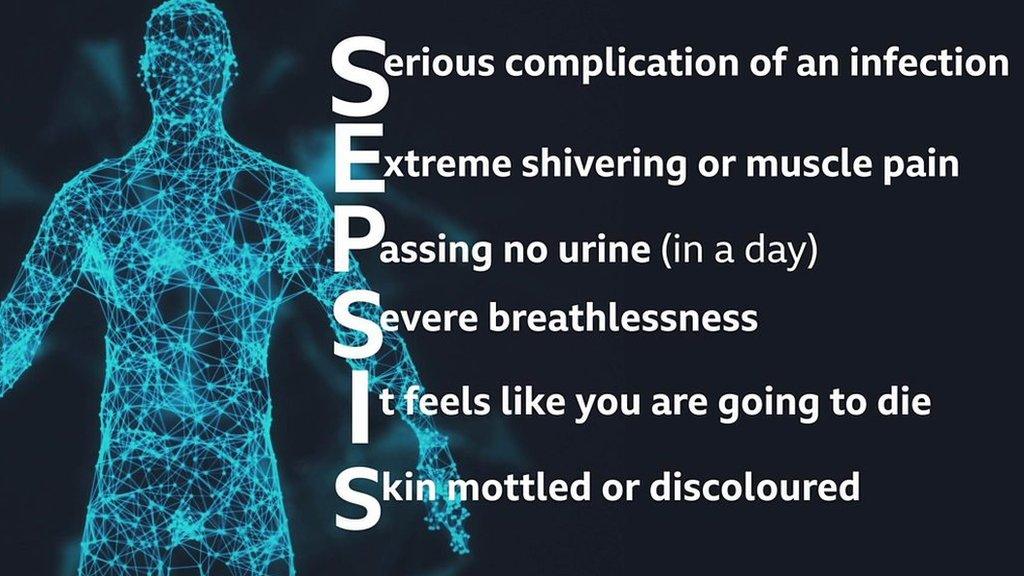
- Published10 November 2016
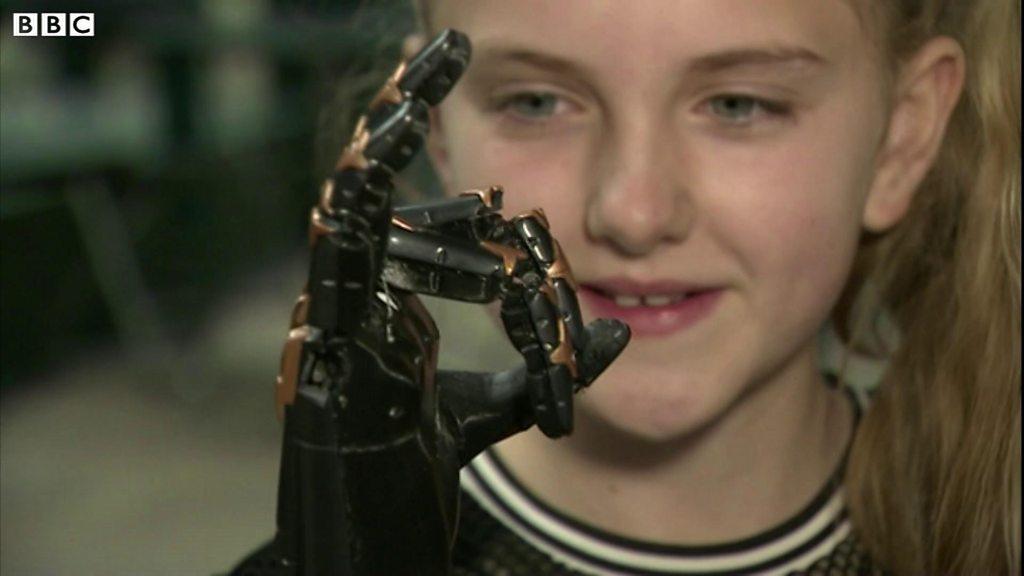
- Published16 January 2020
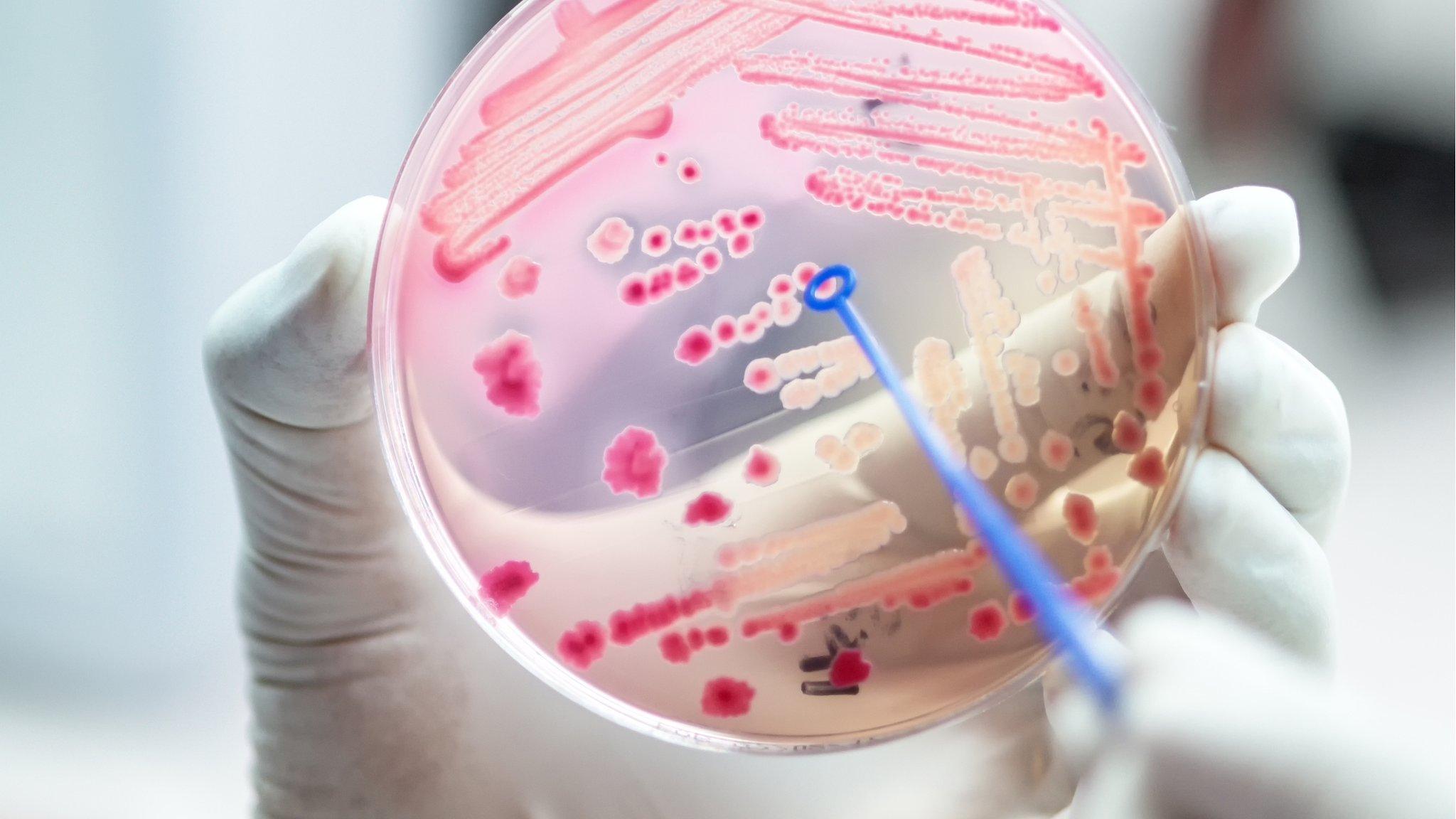
- Published13 September 2019
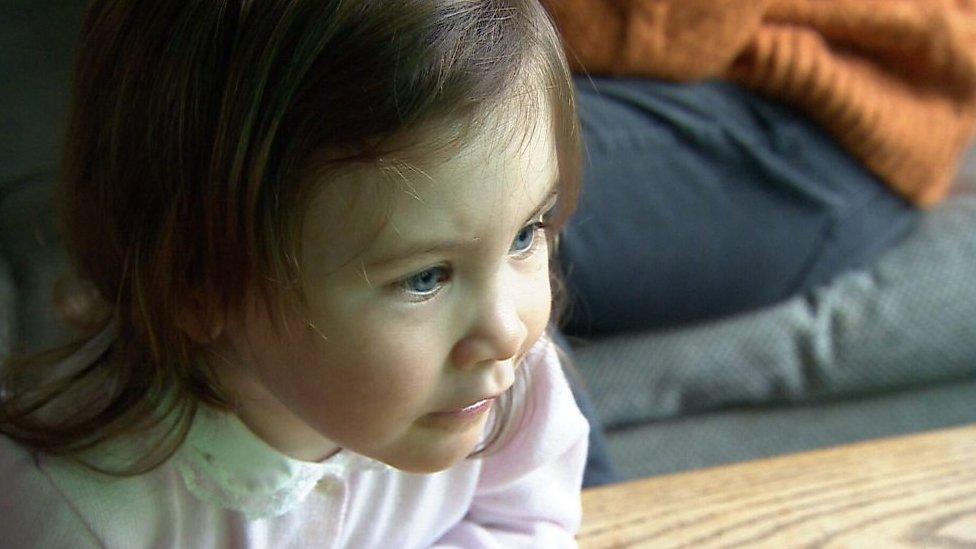
- Published13 September 2019
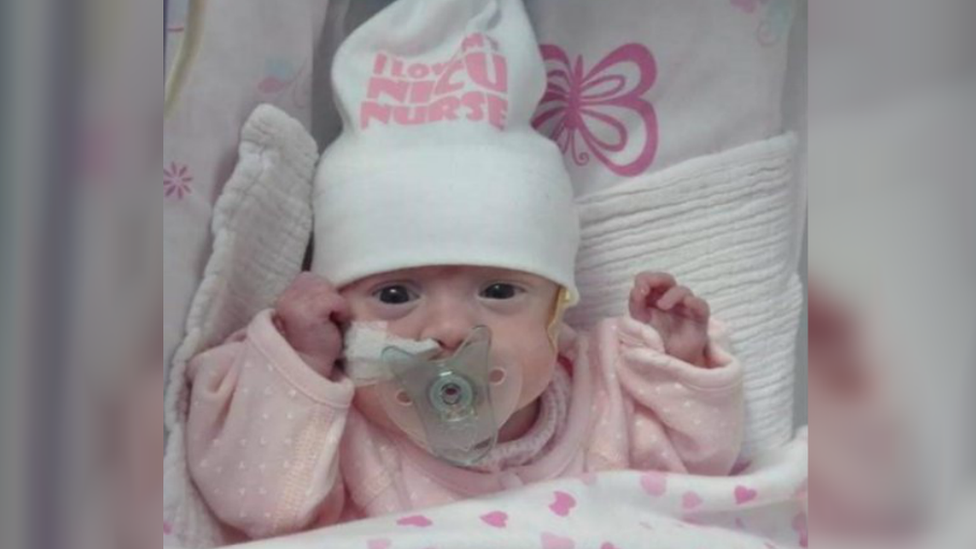
- Published20 December 2019
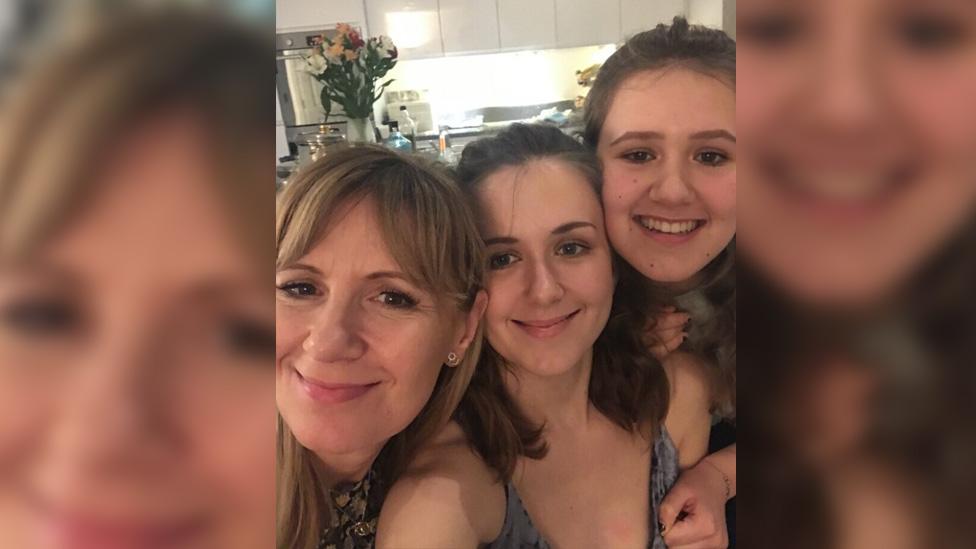
- Published9 February 2020
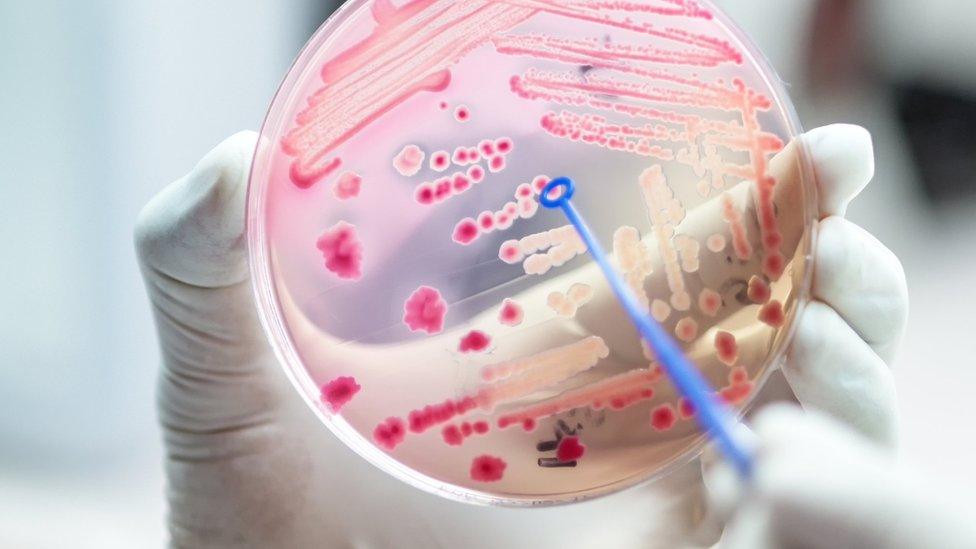
- Published4 February 2020
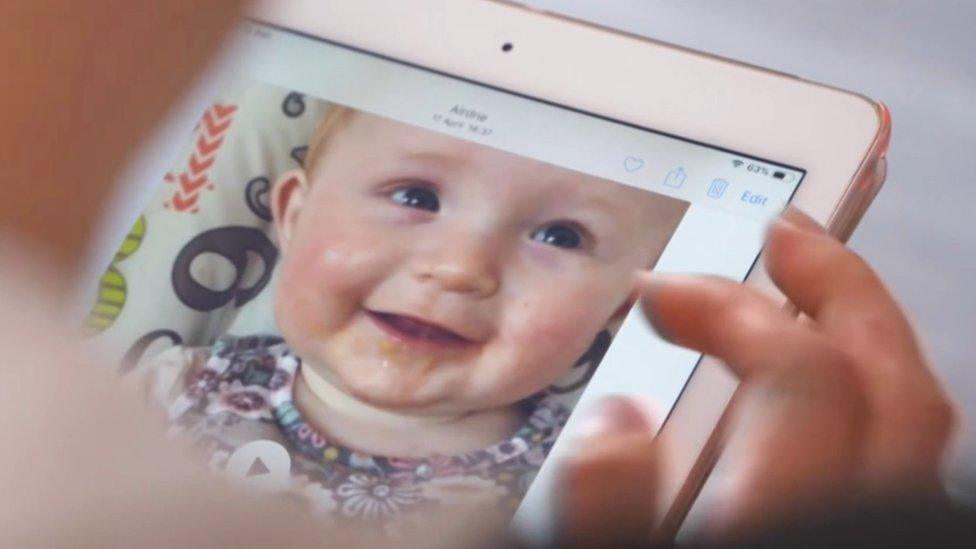
- Published9 February 2020
